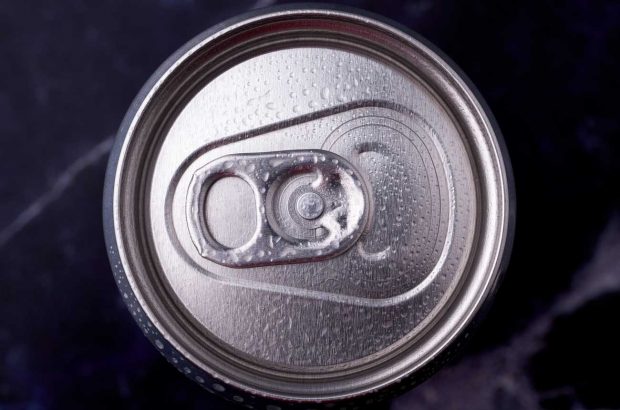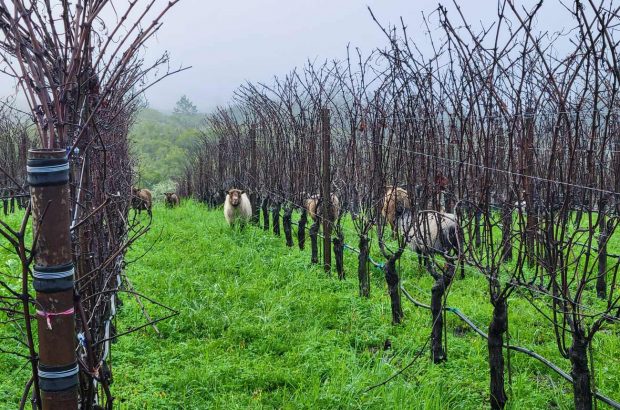The industry launched a certification programme called Sustainable Winegrowing New Zealand (SWNZ) back in 1995. It now covers 1,840 vineyards and 310 wineries.
Growers can only achieve SWNZ certification by passing stringent tests within six key areas: water, waste, pest and disease control, soil, climate change and people.
They must subject themselves to regular audits conducted by an independent company, which assesses the overall sustainability of their operations and verifies that they are meeting their targets.
Vineyard managers must also submit an annual spray diary, which documents the agrichemical applications made to the vineyard each season. Across the country, 99% of vineyards now use non-chemical methods for managing pests and diseases.
All growers that achieve SWNZ certification are provided with personalised greenhouse gas reports. This helps them identify areas in which they can reduce their carbon footprint.
The industry’s goal is to be carbon neutral by 2050. To achieve this target, growers are currently focused on reducing emissions, conserving water and enhancing soil health.
Trade body New Zealand Winegrowers reported that 21% of vineyards have implemented energy-efficiency initiatives, while 55% of wineries have started using lightweight glass bottles and 97% of vineyards now optimise their water applications for irrigation.
However, there is still a long way to go. Just 10% of New Zealand’s wineries hold organic certification, while only 75 vineyards and 15 vineyards currently hold formal carbon management certifications.
‘The New Zealand wine industry has rightfully earned its place as one of the most progressive wine producing nations in the world,’ said Dr Edwin Massey, general manager of sustainability at New Zealand Winegrowers.
‘It’s an achievement we can be proud of, but the real work is ensuring we not only sustain but elevate our position with an enduring commitment to continuous improvement.’
The stated ambition is to put the circular economy into action, achieve zero waste to landfill by 2050 and protect the land for future generations.
‘For our growers and wineries, sustainability means growing grapes and producing our world-famous wines in such a way that we can do so for generations to come. Every little bit counts. It means consumers can trust that their bottle of New Zealand wine has been made with respect for our world and for our people.’




